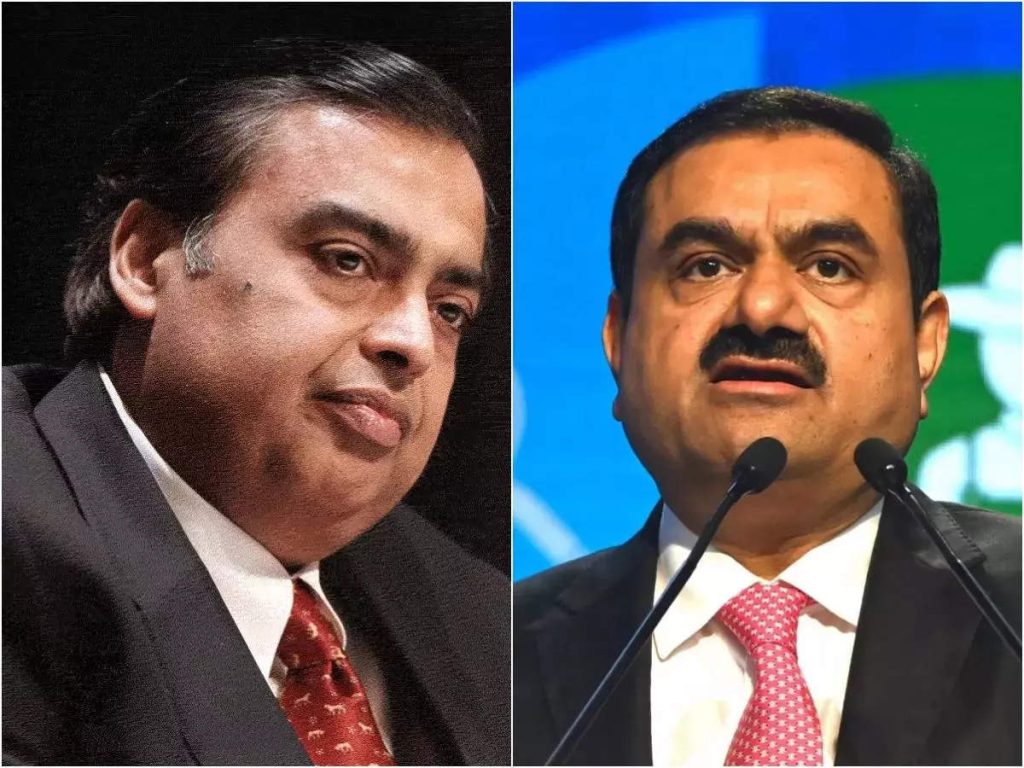In a recent statement, Maruti Suzuki India’s Chairman R C Bhargava forecasted a gradual decline in the current craze for large vehicles, particularly SUVs, in India. He emphasized that as awareness grows regarding the environmental impact of such vehicles, there will be a shift towards more sustainable transportation options. Bhargava’s remarks come amidst a significant surge in utility vehicle sales in India, while smaller car segments experience a decline.
According to data from the Society of Indian Automobile Manufacturers (SIAM), utility vehicle sales have soared by 25.87% year-on-year during the April-February period of FY24. Conversely, smaller cars, including sedans and hatchbacks, witnessed an 11.58% decline in sales during the same period. Bhargava highlighted the need for cleaner automotive technologies, hinting at a future dominated by smaller, eco-friendly vehicles.
Bhargava projected that by 2047, India would emerge as a leading producer and exporter of automobiles, driven by a transition towards cleaner and more sustainable transportation solutions. He stressed the importance of reducing carbon emissions in alignment with India’s goal of achieving net-zero carbon emissions by 2070. Recognizing the challenges posed by the dominance of internal combustion engine (ICE) vehicles, Bhargava advocated for a multi-faceted approach that includes embracing electric vehicles (EVs) alongside cleaner alternatives such as compressed natural gas (CNG), hybridization, and biofuels.
While acknowledging the slow growth of EVs in the Indian market, Bhargava urged for expedited efforts towards enhancing infrastructure and reducing dependency on coal-based electricity generation. He emphasized the importance of advancing battery technology and exploring alternative sources of energy such as hydrogen to achieve long-term sustainability goals.
Reflecting on Maruti Suzuki’s history, Bhargava highlighted the challenges associated with operating in partnership with the government. He emphasized the need for continuity in management and policies, which is often hindered by frequent changes in government personnel. Bhargava stressed that while partnerships with the government can be beneficial, the lack of continuity poses significant operational hurdles.
In conclusion, Bhargava’s insights shed light on the evolving landscape of the automobile industry, emphasizing the imperative of transitioning towards sustainable transportation solutions. As India strives towards a greener future, stakeholders must collaborate to accelerate the adoption of cleaner technologies and mitigate the environmental impact of automotive emissions. The shift towards smaller, more efficient vehicles represents a step towards realizing a sustainable and eco-conscious automotive ecosystem.











